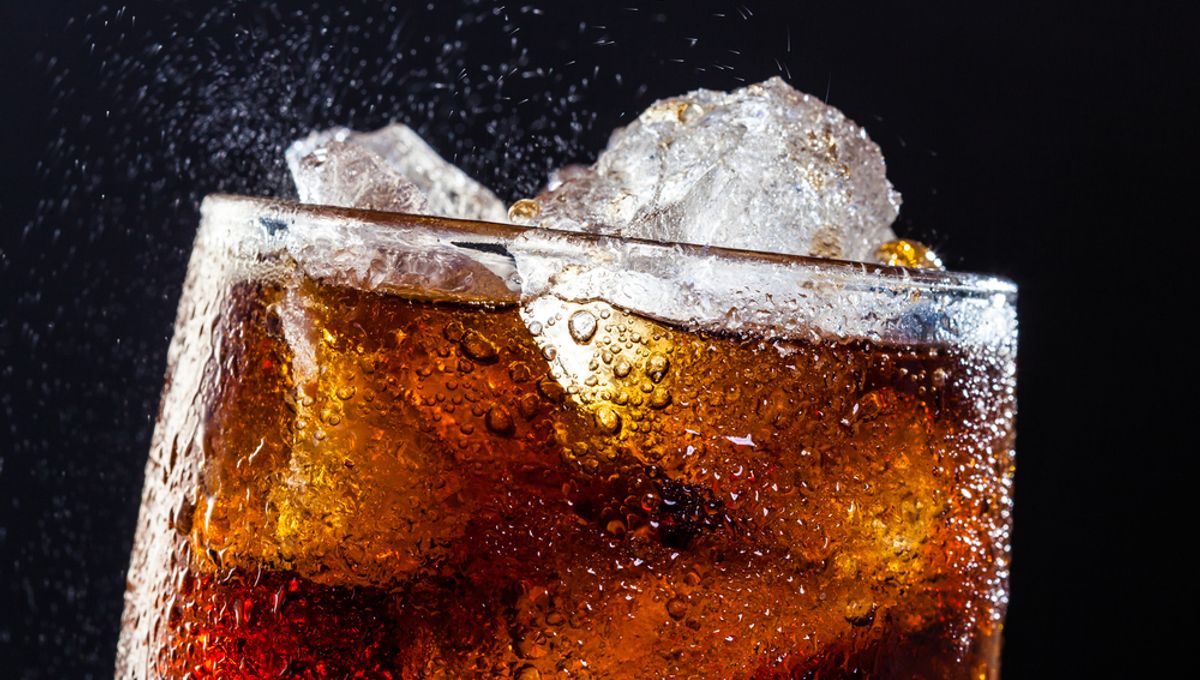
Drinking cola over multiple months may result in memory impairment and oxidative stress in the brain, according to a new study carried out on rats. The researchers, from University of Southern Santa Catarina in Brazil, found that markers of biological stress were significantly increased in the brains of rats after 68 days of drinking cola-based soft drinks, which had knock-on implications for behavior.
The research was published in Experimental Gerontology.
A team of researchers aimed to understand how the drinks may affect the brains of rodents in a controlled lab environment. Previous research has implicated high consumption with increased risk of disease and cognitive decline.
Rats were assigned into two groups. One drank soft drinks to their heart’s content but with access to water if wanted, while the other control group just drank water. They were kept on this cycle for 67 days, and killed on the 68th day to analyze their brain tissue. Before they were slaughtered, the rats were also subjected to a number of maze tests that evaluates spacial memory and behavior, to identify any differences between the soft drink and control groups.
In the young rats (2 and 8 months old), the soft drinks caused memory impairments and resulted in lower scores on the maze tests, though this effect was not seen in the older rats. Upon tissue analysis, higher levels of oxidative stress markers were discovered in the cola-drinking rats of all ages, suggesting biological changes were happening, but the younger rats were more susceptible to behavior changes as a result.
The findings are in line with previous research that suggests soft drink intake is associated with neurodegeneration and cognitive impairments, with higher levels of oxidative stress also strongly linked with an increased risk of dementia.
While high-sugar diets have been linked to similar results, the rats drinking soft drinks did not show higher levels of blood glucose, indicating some other mechanism may be at play here.
The authors recognize that there may be differences between sexes, and only male rats were tested in this study. Future experiments should use both sexes and look for any differences, as males and females often respond differently to dietary risk factors including high sugar intake.
So, while we don’t necessarily know if the effects are similar in humans just yet, it may be time to put down the can of coke and settle for some good ol’ fashioned, non-brain-melting water.
Source Link: Cola Consumption Linked To Memory Problems And Oxidative Stress, Rat Study Finds